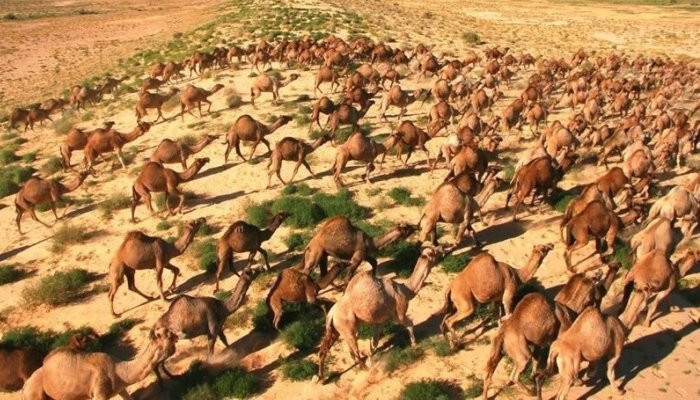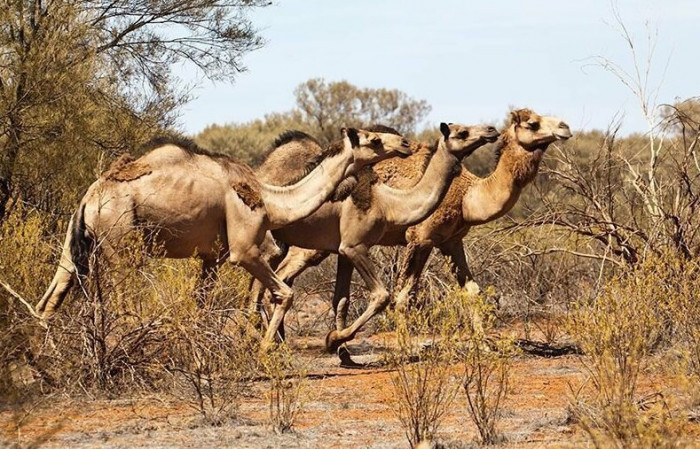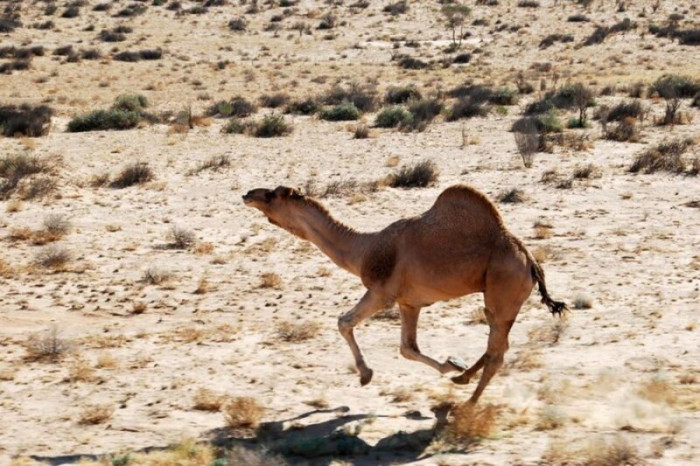Officials to kill thousands of camels in Australia as they drink too much water amid wildfires
 Officials will kill thousands of camels in Australia as they drink too much water amid the wildfires. Leaders in the Anangu Pitjantjatjara Yankunytjatjara (APY) Lands in northwest Australia will send helicopters to kill up to 10,000 camels in a five-day campaign starting Wednesday, The Australian reported. The order to kill comes as a drought makes the camels more desperate for water, causing chaos in local communities. Marita Baker, an APY executive board member, told the newspaper that the camels were causing problems in her community of Kanypi. The State Department for Environment and Water will send the helicopters up. The camels’ bodies will be burnt or buried if they are accessible, but in remote areas, their bodies will be left. The camels are also being removed due to concerns about greenhouse gas emissions, since camels emit one ton of carbon dioxide per year. The animal’s population also doubles every nine years if not regulated. The National Feral Camel Management Plan estimated about one million camels lived in three states and the Northern territory in 2010, according to the newspaper. One million camels is the equivalent of having 400,000 more cars on the roads, Tim Moore, chief executive of carbon farming specialists RegenCo, told the newspaper. The planned killing of the camels comes at a time the country is ravaged by wildfires since November. The disaster has killed more than a dozen people and caused the displacement or deaths of 480 million animals, according to University of Sydney researchers.   |

Ai, Japanese chimpanzee who counted and painted, dies at 49
79118.01.2026, 15:12
Flat-headed cat not seen in Thailand for almost 30 years is rediscovered
95601.01.2026, 21:32
«Living in Yerevan becomes more dangerous for life with each passing year»: Kristina Karen Vardanyan (photo)
125930.11.2025, 23:53
Gramma the Galápagos tortoise, oldest resident of San Diego Zoo, dies at about 141
126730.11.2025, 10:30
Africa is splitting in two: Magnetic data shows the continent could be separated by a new ocean
116523.11.2025, 21:25
"I hope this is a good sign" - Dmitriev encounters bear in Alaska (video)
295615.08.2025, 21:56
